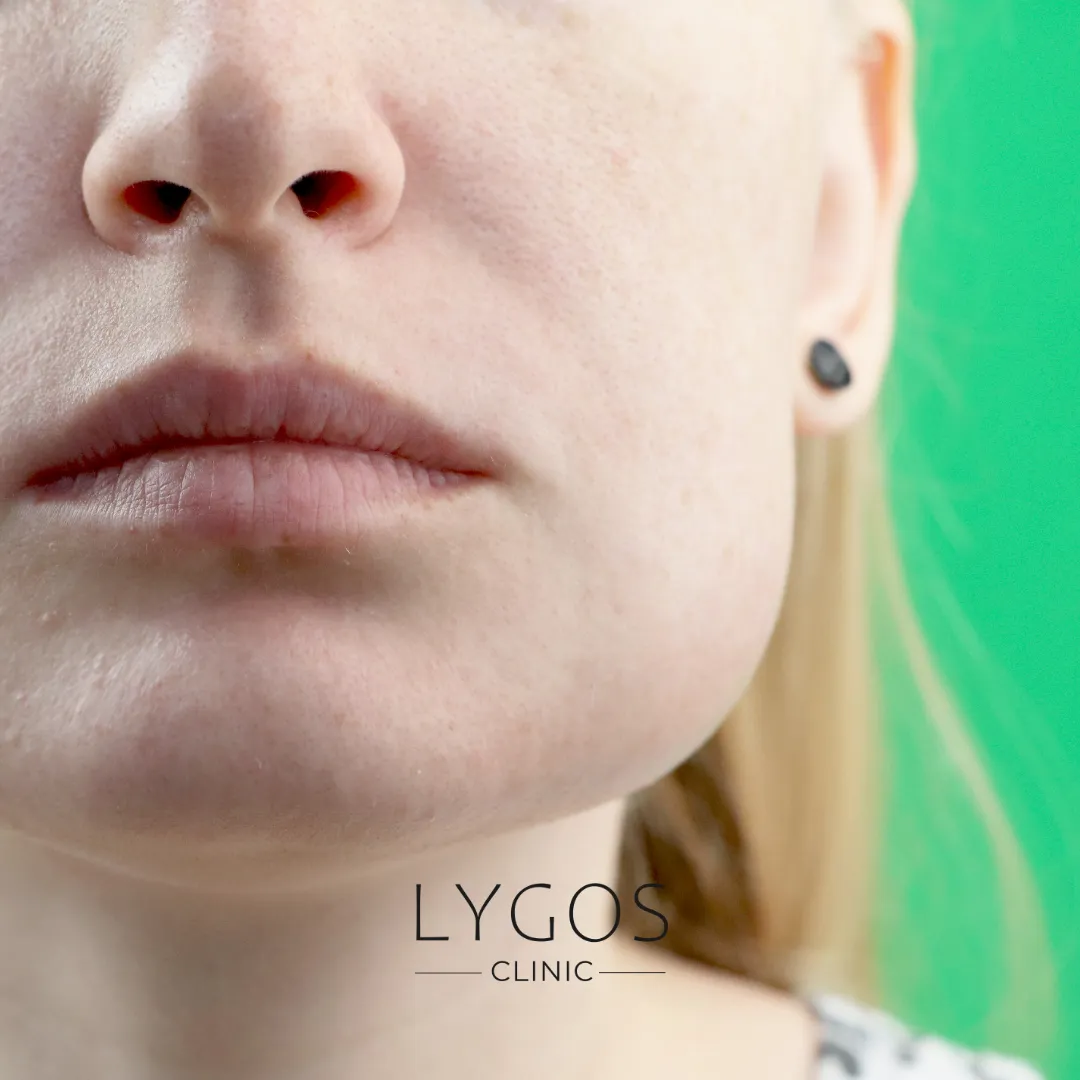Defeating Dental Inflammation: Causes, Symptoms, and Solutions

Defeating Dental Inflammation
Dental inflammation, affecting oral health and causing discomfort, is a condition that arises from inflammation of the gums. This condition can have implications for oral health and lead to serious health issues. However, with proper approaches and home remedies, it is possible to alleviate dental inflammation. This article will guide readers by addressing the causes, symptoms, and effective home treatment methods for dental inflammation.
Dental inflammation is commonly associated with gum inflammation. The inflammation in the gums can negatively impact oral health and, in advanced cases, lead to tooth loss and damage to jawbones. Therefore, addressing dental inflammation correctly is crucial. Among the methods that can be applied at home are regular brushing, flossing, and the use of antiseptic gargle.
Additionally, applying a cold compress to the inflamed area can reduce swelling and provide soothing relief. Managing dental inflammation with these simple home methods can be an effective first step in maintaining oral health and achieving relief. However, if the condition worsens or persists for an extended period, seeking professional help from a dentist is essential. It is important to remember that dental inflammation can lead to serious health issues and may require expert evaluation.
Causes and Symptoms of Dental Inflammation

Dental inflammation is a condition that arises from inflammation in the gums. In this subsection, the fundamental causes of dental inflammation and the prominent signs of this condition will be comprehensively explained. The primary causes of dental inflammation often include plaque buildup and bacteria. Plaque, a layer of bacteria on the surface of teeth, can irritate the gums over time, leading to inflammation. Inadequate brushing habits, irregular flossing, and neglecting dental check-ups can also contribute to the development of dental inflammation.
Common symptoms of dental inflammation include red and swollen gums, bleeding from the gums, pain or sensitivity in the gums, bad breath, and discomfort often felt in spaces between teeth. Readers can evaluate their own situations by considering these causes and symptoms. However, if symptoms persist or worsen, seeking consultation with a dentist is crucial. Early detection of dental inflammation allows for more effective treatment and prevents its progression.
Home Remedies for Dental Inflammation
This section will explore various natural treatment methods that can be applied at home to alleviate dental inflammation and control its symptoms. These practical solutions include saltwater gargle, herbal teas, and the consumption of foods with anti-inflammatory properties.

Saltwater Gargle
A saltwater gargle is an effective method to alleviate dental inflammation. Adding a teaspoon of salt to a glass of warm water provides antiseptic properties that can reduce inflammation in the gums. Rinsing the mouth with this mixture for a few minutes can directly impact the inflamed area.
Herbal Teas
Certain herbal teas with anti-inflammatory properties, such as chamomile tea and green tea, can aid in reducing inflammation and providing relief. After brewing a tea bag and allowing it to cool, it can be applied directly to the gums or consumed several times a day.
Nutritional Treatment
Consuming foods rich in vitamin C can support gum health and reduce inflammation. Foods like oranges, strawberries, and broccoli containing vitamin C can be included in the diet. Additionally, spices such as ginger and turmeric, known for their anti-inflammatory properties, can be used.
Coconut Oil Pulling
Coconut oil, with its antimicrobial properties, can be effective in alleviating dental inflammation. Gargling with a teaspoon of coconut oil or gently massaging it into the gums can provide relief.
These natural treatment methods can help alleviate symptoms of dental inflammation; however, everyone’s condition is different. If symptoms persist or worsen, consulting a dentist is essential. While these home remedies can relieve symptoms, they do not eliminate the root cause of dental inflammation.
Preventive Measures for Dental Inflammation
To prevent the recurrence of dental inflammation, effective measures and daily oral hygiene practices are crucial. This section will discuss practical steps and daily oral care routines to prevent dental inflammation.
Regular Brushing
The most fundamental step in preventing dental inflammation is regular brushing. Brushing your teeth at least twice a day, especially in the morning and before bedtime, using a toothbrush and fluoride-containing toothpaste helps reduce bacterial accumulation on the gums and lowers the risk of inflammation.
Flossing
Using dental floss is an effective way to clean residue between teeth. Flossing can prevent plaque buildup between teeth and help maintain gum health. Flossing is particularly important for reaching areas near the gumline.
Mouthwash
Using an antiseptic mouthwash with antibacterial properties can reduce the amount of bacteria in the mouth and contribute to preventing gum inflammation. However, it is important to consult with a dentist before using these products.
Regular Dental Check-ups
Visiting the dentist at least twice a year for regular check-ups is essential to identify potential problems early and initiate timely treatment. Professional dental cleaning is an effective way to maintain gum health.
Healthy Dietary Habits
Healthy nutrition affects not only overall body health but also dental and gum health. Avoiding sugary and acidic foods can help reduce tooth decay and inflammation.
BConsistently applying these measures can be effective in preventing the recurrence of dental inflammation. However, as each individual’s oral health is different, seeking professional advice from a dentist to tailor a personalized oral care routine is crucial. It should be noted that oral health is directly connected to overall health, and regular oral care can positively impact general well-being.
Professional Help in Dealing with Dental Inflammation
When dental inflammation becomes severe or chronic over time, seeking professional help from a dentist becomes inevitable. This section will discuss the importance of professional assistance in cases of intensified dental inflammation and how this help can be provided.
The Importance of Professional Help
It is crucial for dental inflammation to be assessed and treated by a professional dentist. The necessity of professional help is based on the following reasons:
Accurate Diagnosis
Dentists can accurately diagnose the underlying cause of dental inflammation. Determining the type of inflammation is critical for creating an effective treatment plan.
Medication Treatment
Dentists can prescribe appropriate medications depending on the severity of dental inflammation. Antibiotics or anti-inflammatory medications can help control infection and reduce inflammation.
Professional Cleaning
Dentists can clean inflamed areas around the gums and remove plaque from tooth surfaces. This can contribute to improving oral health and controlling dental inflammation.
Tooth Extraction or Treatment Options

In advanced cases, a dentist may recommend procedures such as tooth extraction or root canal therapy. These procedures can be applied to remove an inflamed tooth or provide treatment.
It should be remembered that dental inflammation is a serious condition that requires professional care. If symptoms arise, seeking immediate attention from a dentist is essential.
Causes of Dental Inflammation
In this article, we have attempted to provide comprehensive information about the causes, symptoms, and home treatment methods for dental inflammation. The first step in dealing with dental inflammation is recognizing the symptoms and being aware of appropriate treatment methods. Home remedies such as saltwater gargle, herbal teas, and foods with anti-inflammatory properties can alleviate symptoms.
However, if dental inflammation intensifies or persists for an extended period, seeking professional help from a dentist is crucial. Professional help involves accurate diagnosis, the prescription of suitable medications, professional cleaning, and, if necessary, procedures like tooth extraction or root canal therapy.
Regular dental check-ups and collaboration with a dentist are effective ways to maintain oral health and prevent issues like dental inflammation. Remember, consistent care for oral health contributes to overall well-being. We wish you healthy days!


